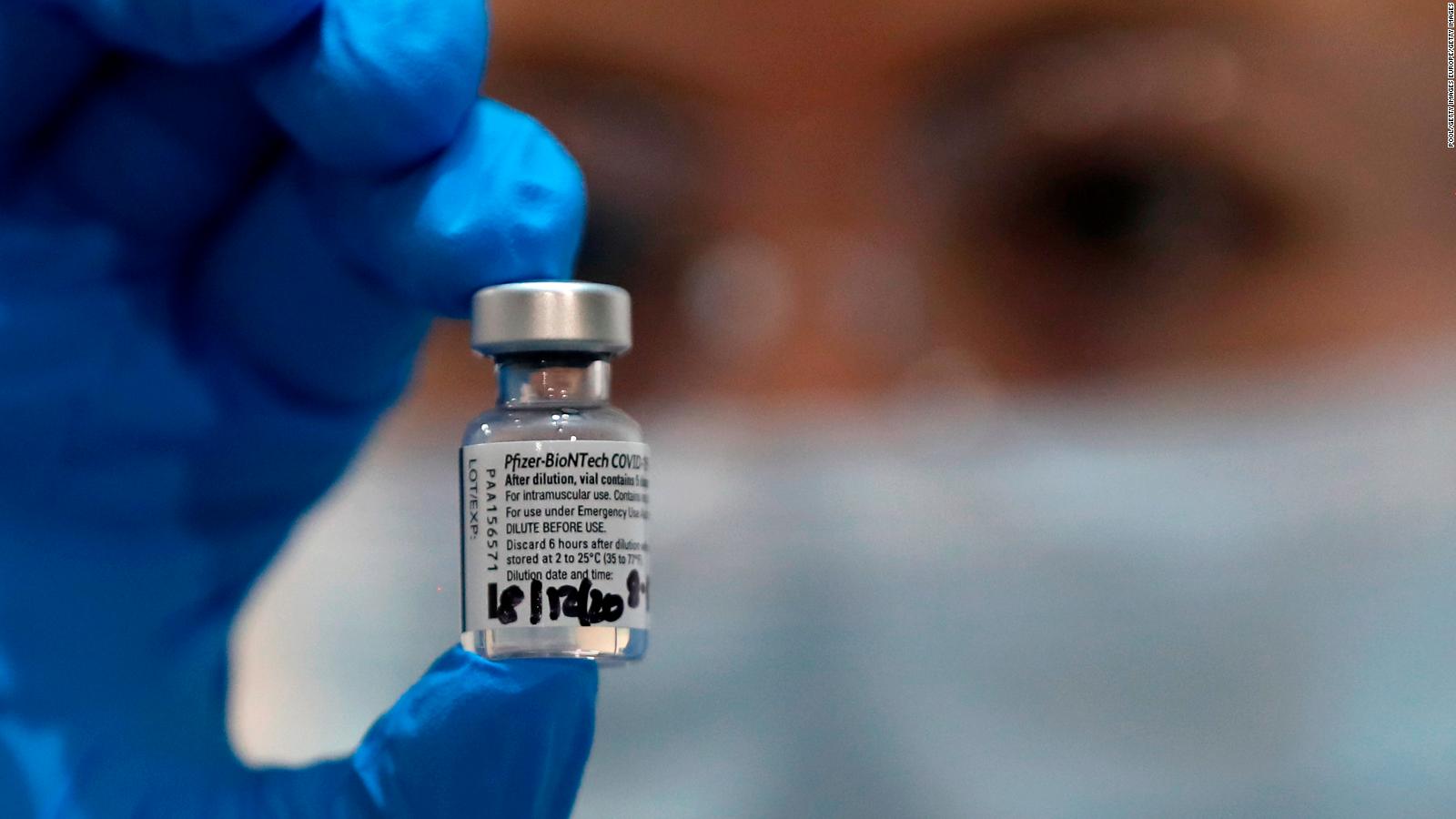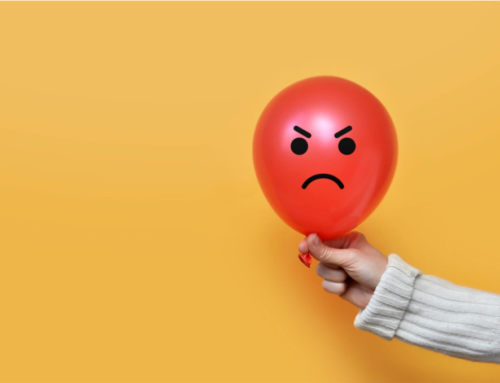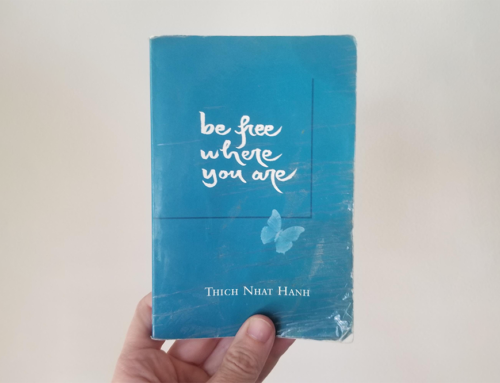We are all anxious to get back to life. And we now have the tool to help make that happen: two approved COVID-19 vaccines that have been proven to have over a 90% protection rate. Yet there are still community concerns of the potential short-term and long-term side effects that might lead to hesitation.
Mend acupuncturist and clinic owner Sarah O’Leary sat down with one of our beloved acupuncturists Yan Jiang, MD, Ph.D, LAc about her thoughts on the COVID vaccine based on her vast professional experience as a physician, pharmacology researcher and now an acupuncturist of 11 years. Follow their conversation below.
Sarah O’Leary: What is actually in the vaccine?
Yan Jiang: There are two main components of the vaccines. It’s actually brilliant, yet simple:
- mRNA: the material used in the current vaccines to produce the surface protein which, in turn, stimulates the body to generate antibodies to the virus
- Lipid “package”: forms the coating around the fragile mRNA to facilitate the entering of the vaccine into the cells
Unlike the flu vaccine which is made of deactivated viruses, the COVID vaccine does not contain the virus itself (nor does it contain any of the proteins from the virus, or even the virus’s full RNA, just the part that codes for the spike protein).
SO: Can the mRNA in the vaccine alter our DNA?
YJ: We have heard concern [from unscientific sources] that the vaccine can manipulate and change human DNA, resulting in a genetically-modified human. I can share from my experience that this isn’t possible. As a graduate student I worked closely with mRNA; mRNA are very fragile molecules that can be easily degraded. The half life of the vaccine inside the human body is very short. In about 48 hours, the vaccine is broken down. Plus, there is no reverse transcriptase (the enzyme that can make DNA from the mRNA molecules) in the vaccine. For these reasons, personally I am not concerned about the possibility of long-term side effects.
An initial allergic reaction is really the only concern because of the lipid packages surrounding the mRNA to facilitate the entrance of the vaccine into the cells, which can cause an inflammatory response. For this reason you will need to stay at the vaccination clinic for 15 minutes after being vaccinated (the window of time during which a severe allergic reaction would typically begin). Possible side effects include symptoms such as fatigue, sore arm on the injected side, fever, headaches and sore muscles. These are all normal reactions as the body starts to get busy making the antibodies. Rest and drinking warm fluids are some ways to cope with this.
SO: Will vaccines protect against new COVID strain?
YJ: There is one important amino acid mutation in the new strain that could lead to the change of the 3-dimensional formation of the whole spike protein. However, initial research data suggests that the vaccines are effective in protecting against the new strain regardless.
SO: Will you yourself get the vaccine? What about your family?
YJ: I continue to read the research and weigh the pros and cons out there and have formed my own opinion–it’s worth taking.
Yan shared this article that addresses many of our questions and concerns.
The Mend team is fortunate to begin receiving vaccination this week as part of our status as health care workers. We look forward to the weeks and months to come when more and more members of our community will be protected from the virus and we can enter safer, calmer waters together.

Yan Jiang, MD, Ph.D, LA
Yan has a combined background in Chinese Medicine and Western Medicine, she holds a PhD in Pharmacology from the University of Florida where she focused her research on the interactions between the human body and pharmaceutical drugs. Prior to her years in research, Yan received her medical degree from Shanghai Medical University and practiced as a radiation oncologist before becoming an acupuncturist in 2009.




